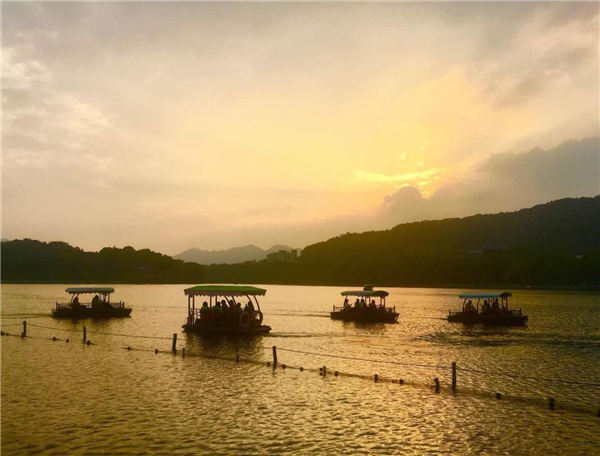A shopping paradise comes true


"He said we needed to lead the farmers to do business to get rich.
"He told us: 'We're leaders. We should serve the people.' I cried. I'd received an assurance that I could do business. It was a turning point for Yiwu."
Today, she exports thousands of kinds of scarves to over 30 countries, while her son runs a fashion-design studio in Italy.
The extent of Yiwu's internationalization became clearer to me when I met a Senegalese exporter who has lived in the city for 15 years and-although his English is excellent-h(huán)e felt more comfortable doing the interview with me in Chinese.
Sula (his Chinese name) is among over 20,000 foreigners from 100 countries and regions who live in Yiwu. About half-a-million more visit to make purchases every year.
"Shopping in Yiwu is like shopping in the entire Chinese market," he told me, in Mandarin.
"The reason is very simple. In the Yiwu International Trade Market, you can find products from across the country, from places like Shandong, Fujian and Beijing ... People from the Middle East, the United States and France come to do business with me. That gives me an opportunity to do business with other countries."
Sula exports about 2,000 different products to African countries, including the Congo, Senegal and Gambia. I spotted the very same cups that I use in my apartment in Beijing in his display room.
I later visited his warehouses. Shirtless men glistened with sweat as they hustled to load nine semitrailers with goods headed to Senegal. Sula told me they pack between three and 20 truckloads a day-sometimes more.
How trade is accelerating became more apparent when I visited the 36-kilometer-long Hangzhou Bay Bridge. It connects the cities of Jiaxing and Ningbo in Zhejiang province, and has lopped hours off the travel time between cities in the Yangtze River Delta.

































